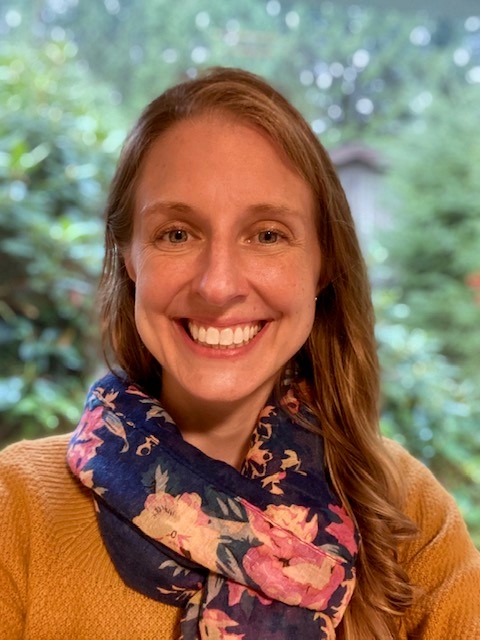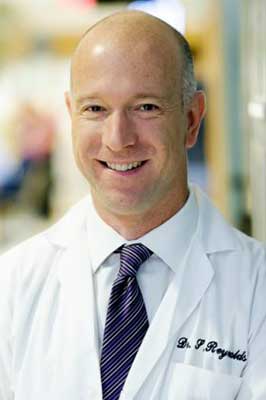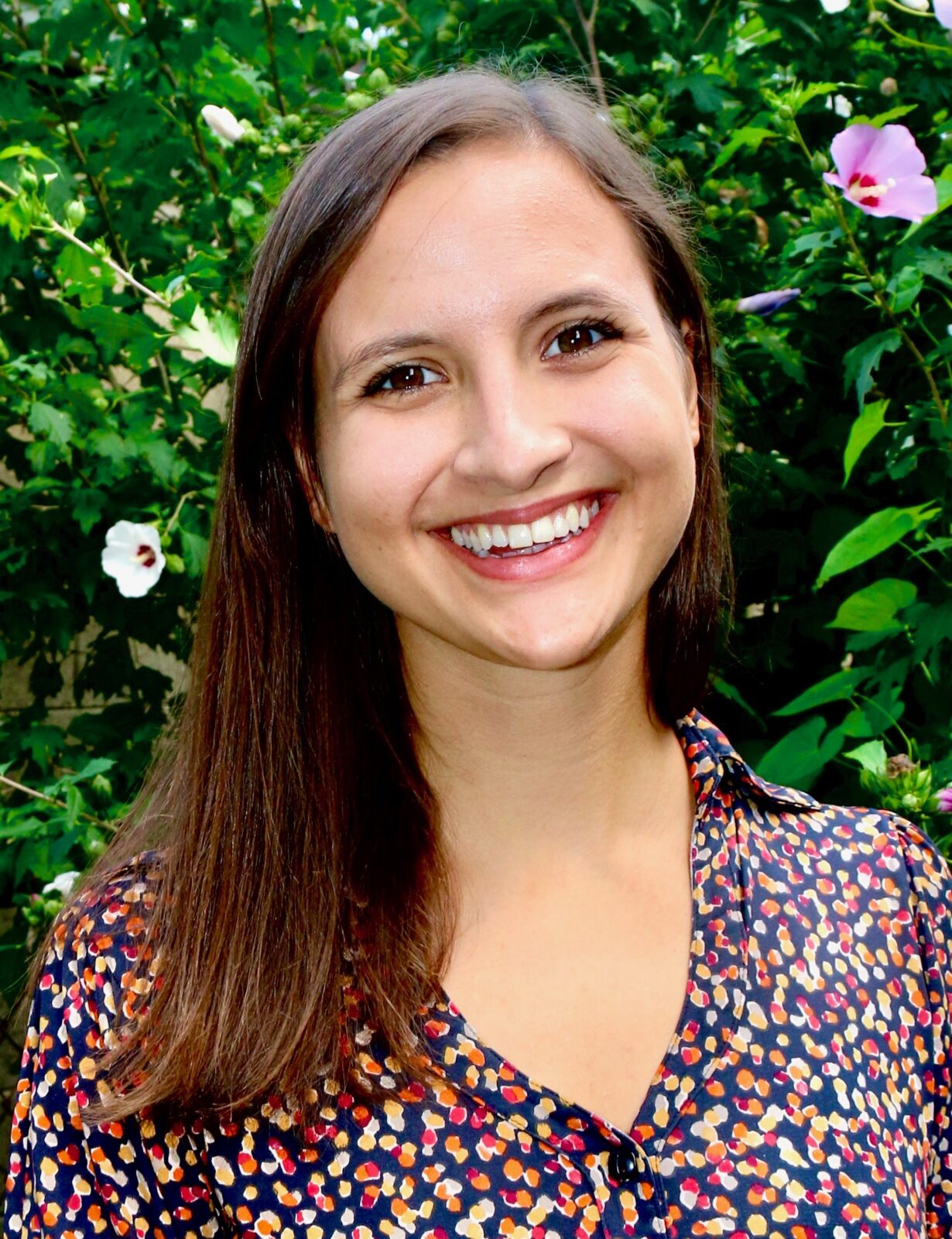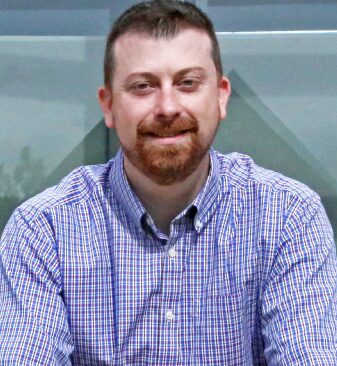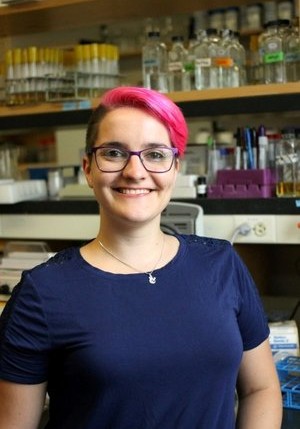
Dr. Brad Quon
Researcher, 2023 Award Winner
Dr. Bradley Quon is working to transform routine care for patients with Cystic Fibrosis (CF) by developing a simple blood test that can be used to monitor responses to treatment for pulmonary exacerbations.
Why is it important to better understand the nature of pulmonary exacerbations in CF patients?
In 2015 alone, pulmonary exacerbations accounted for over 25,000 days spent in hospital by patients with Cystic Fibrosis across Canada. If not properly treated, these events can lead to irreversible loss in lung function. Given the tremendous impact these events can have on the lives and outcomes of CF patients, it is paramount that the research community develops better tools to evaluate response to exacerbation treatment.
What can blood samples from CF patients tell us?
Blood contains circulating markers of inflammation. Inflammation is fairly intense prior to the treatment of a pulmonary exacerbation but following effective treatment with intravenous antibiotics, blood inflammation quickly subsides. Persistent blood inflammation following treatment can help identify patients failing to respond to treatment. Our research will employ cutting-edge technologies to identify proteins in the blood that change during the course of exacerbation treatment.
How will your research improve treatment for patients with Cystic Fibrosis?
There are a few potential advantages to this research. The goal is to develop a simple blood test that will allow Cystic Fibrosis physicians to identify patients with treatment failure sooner. This will allow them to manage lung flare-ups in a more personalized way. Based on the results of the blood test, doctors might switch or intensify treatments earlier to improve exacerbation outcomes and reduce the overall length of treatment. A blood test could also predict the time until the next exacerbation, which helps to determine how closely a patient needs to be monitored after discharge.
The BC Lung Foundation grants a million dollars annually to physicians and scientists doing research in British Columbia and is a funder of Dr. Quon's research.
